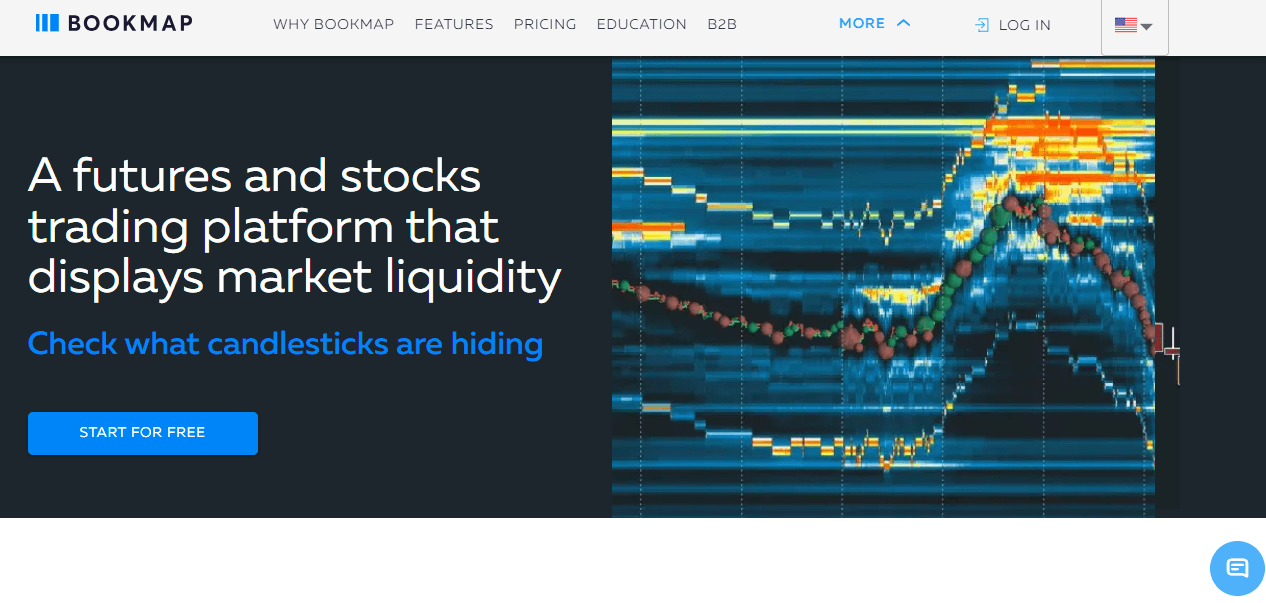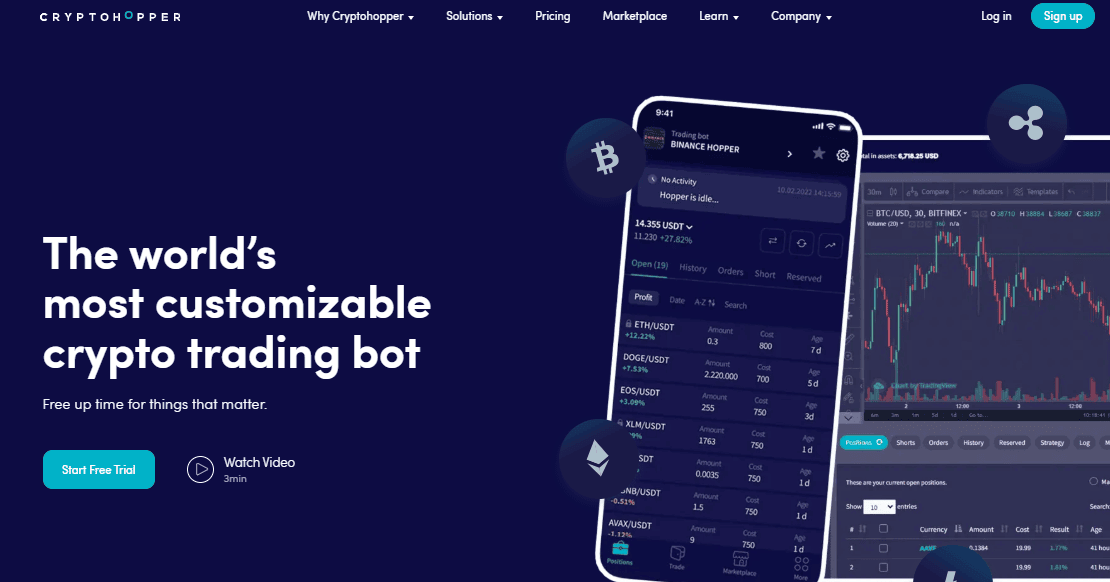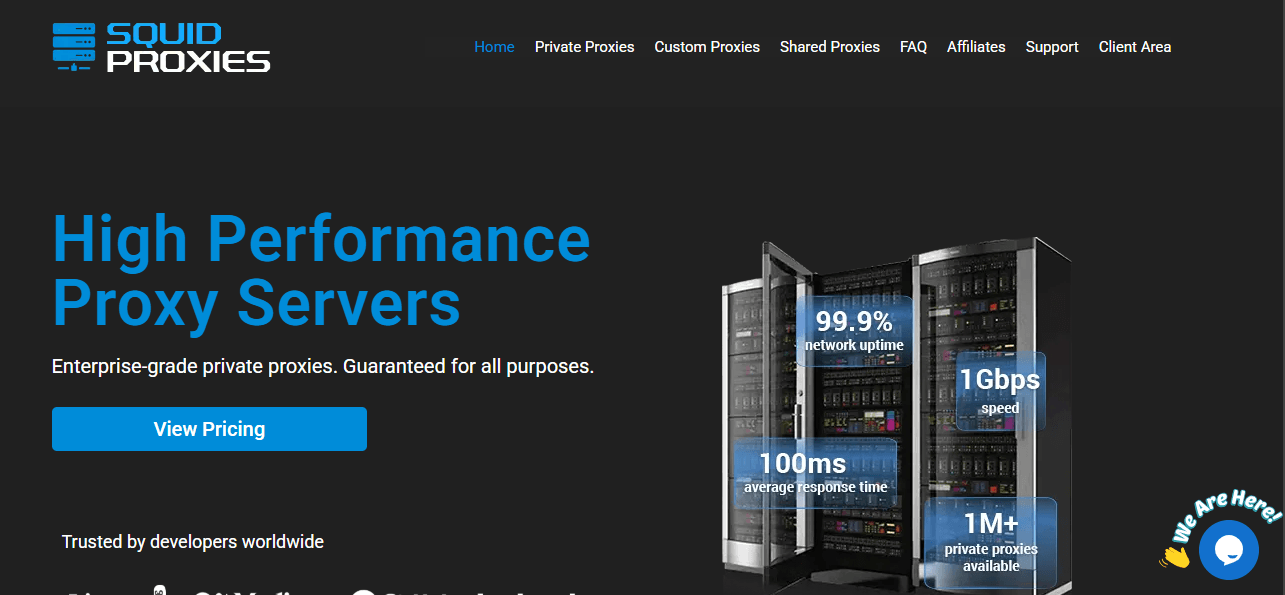Instant funding prop firms allow traders to access trading capital immediately, without having to go through lengthy evaluation processes. Unlike traditional models that require passing…
My Private Proxy Up to 35% Off Promo Code
My Private Proxy is one of the leading platforms for purchasing private proxies, designed for professionals and businesses seeking security, speed, and reliability. Right now,…
Best Futures Prop Trading Firms in 2025
Futures prop firms allow traders to access their capital to trade in the financial futures markets in exchange for a share of the profits generated….
Bookmap Up to 50% Off Coupon Code
Bookmap is a trading platform designed for traders and investors seeking a competitive edge in financial markets. It uses an innovative heatmap to display order…
Cryptohopper Up to 47% Off Discount Code
Want to maximize your cryptocurrency trading profits while saving on your subscriptions? Cryptohopper is currently offering a discount code that allows you to save up…
Best AI Trading Bots in 2025
AI trading bots have gained significant popularity due to their ability to analyze data, identify patterns, and execute trades in a variety of financial assets…
FXIFY 20% Off Discount Code
FXIFY offers an incredible discount through a coupon code that gives you 20% off on any funded account, whether it’s a 1-step, 2-step, or 3-step…
Squid Proxies 25% Off Promo Code
If you’re looking for a fast, secure, and reliable connection to protect your online privacy, manage multiple accounts, or perform web scraping without interruptions, Squid Proxies is…
Traveling Mailbox 10% Off Coupon Code
If you need a practical and secure way to manage your postal mail no matter where you are, Traveling Mailbox is the ideal solution. This virtual mailbox…
Invideo AI 20% Off Coupon Code + 50 AI mins Free
If you’re looking for an AI video generator, Invideo is a popular option due to its ease of use and focus on audiovisual content creation….
Apex Trader Funding Up to 90% Off Coupon Code
Apex Trader Funding, the popular futures prop firm, is currently offering an exclusive coupon code with which you can save a good amount of money…
BluSky 30% Off Coupon Code
BluSky Trading offers a coupon code with which you can save 30% off the price of any of their evaluation plans. Founded in 2022 and…
MemberPress 60% Off Coupon Code
Currently, MemberPress is offering a 60% discount on any of its plans with a promotional code. This is a unique opportunity to access all the premium features of the…
Fliki AI 30% Off Promo Code
Fliki AI is offering exclusive promotions to help you save on your subscription. Depending on the plan you choose, you can take advantage of different…
Minea Up to 50% Off Promo Code
If you want to improve your advertising campaigns and discover the most effective strategies on Facebook, Instagram, and TikTok, this adspy is the ideal tool. Now,…














